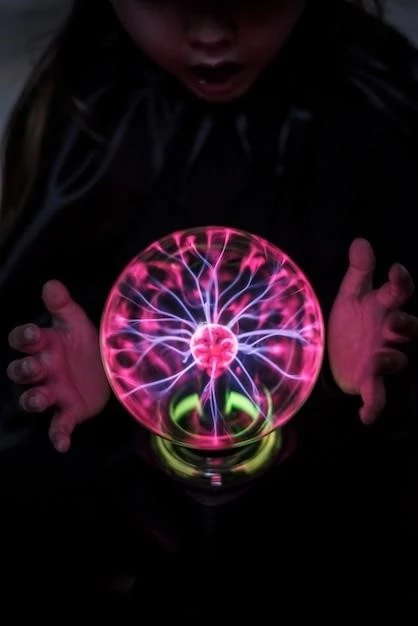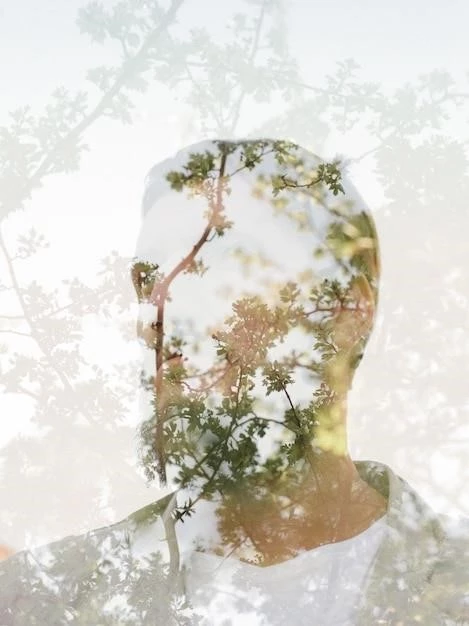Consciousness, the state of being aware of oneself and one’s surroundings, is a subject that has intrigued philosophers and scientists for centuries. While the exact nature and origins of consciousness remain a topic of ongoing debate, exploring its evolution through a multidisciplinary lens offers valuable insights.

History of the Issue
The question of consciousness has deep historical roots. Ancient Greek philosophers like Plato and Aristotle pondered the nature of the soul and its relationship to awareness. However, it was with the Enlightenment and the rise of modern science that the study of consciousness began to take a more empirical approach. Philosophers like René Descartes explored the mind-body duality, while others, like John Locke, emphasized the role of experience in shaping consciousness.
Concepts of Consciousness
Defining consciousness is a complex task, and there are various interpretations:
2.1 Creature Consciousness
Creature consciousness refers to the basic awareness an organism possesses of its own body and its immediate environment. This level of consciousness is likely present in most animals, enabling them to react to stimuli and navigate their surroundings.
2.2 State Consciousness
State consciousness pertains to different states of awareness, such as wakefulness, sleep, dreaming, and altered states induced by drugs or meditation. These states demonstrate the fluctuating nature of consciousness.
2.3 Consciousness as an Entity
Some theories propose consciousness as a fundamental entity, either in a dualistic framework where it exists separately from the physical world or in a panpsychist view where consciousness is a fundamental property of the universe. However, these views are often met with skepticism from the scientific community;

Problems of Consciousness
The study of consciousness is fraught with challenges:
- The Hard Problem of Consciousness: This philosophical problem, articulated by David Chalmers, questions how subjective experience arises from physical processes in the brain. How does the experience of “what it is like” to be conscious emerge?
- The Binding Problem: How does the brain integrate information from various sensory modalities into a unified conscious experience? How do we perceive a coherent world?
The Descriptive Question: What are the features of consciousness?
Instead of directly tackling the “hard problem,” some researchers focus on describing the features of consciousness:
4.1 First-person and third-person data
Consciousness is subjective, known through first-person experience. However, scientific study relies on objective, third-person data. Bridging this gap is crucial.
4.2 Qualitative character
Experiences have a qualitative feel to them, known as qualia. The redness of red, the smell of coffee ⏤ these subjective qualities are difficult to capture in purely physical terms.
4.3 Phenomenal structure
Conscious experience has a structure. We perceive objects, events, and relationships. Understanding how this structure arises is essential.
4.4 Subjectivity
Perhaps the most defining feature of consciousness is its inherent subjectivity. There’s something it’s “like” to be conscious, a first-person perspective that is unique to the experiencer.
Theories of Consciousness
Numerous theories attempt to explain consciousness:
- Global Workspace Theory: This theory, championed by Bernard Baars and Stanislas Dehaene, suggests that consciousness arises when information is globally available in the brain, like a broadcast. This global access allows for information integration and flexible behavior.
- Integrated Information Theory (IIT): Developed by Giulio Tononi, IIT proposes that consciousness is a fundamental property of systems that possess a high degree of integrated information. The more causally interconnected the system, the more conscious it is.
- Predictive Processing: This theory, advocated by Karl Friston and others, suggests that the brain constantly predicts incoming sensory information and updates its model of the world based on prediction errors. Consciousness, in this view, is linked to the brain’s efforts to minimize surprise and maintain a stable model of reality.
Evolutionary Perspectives
Understanding the evolutionary origins of consciousness is a complex task. Some theories suggest:
- Consciousness as an Adaptation: Proponents argue that consciousness provided an evolutionary advantage, perhaps by enabling flexible behavior, planning, or social coordination.
- Consciousness as a Byproduct: Others propose consciousness is a byproduct of increasing brain complexity, not an adaptation in itself.
Conclusion
The evolution of consciousness is a multifaceted and ongoing area of research. While we may never definitively solve the “hard problem” of consciousness, exploring its features, origins, and neural correlates continues to deepen our understanding of this fundamental aspect of human existence.










